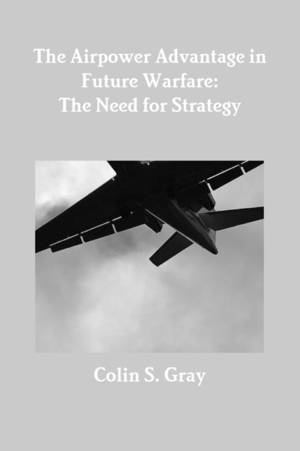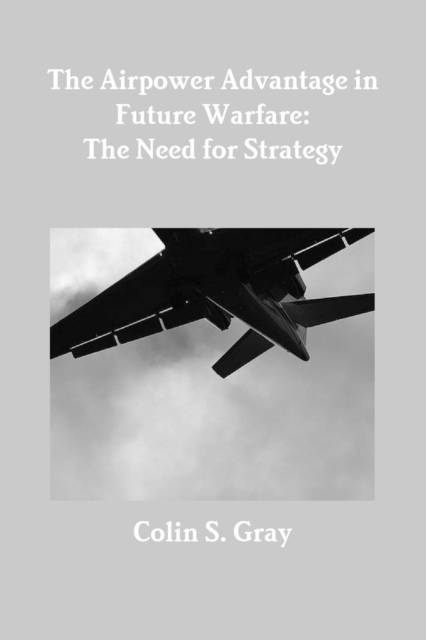
- Afhalen na 1 uur in een winkel met voorraad
- Gratis thuislevering in België vanaf € 30
- Ruim aanbod met 7 miljoen producten
- Afhalen na 1 uur in een winkel met voorraad
- Gratis thuislevering in België vanaf € 30
- Ruim aanbod met 7 miljoen producten
Zoeken
€ 12,45
+ 24 punten
Omschrijving
The U.S. has long suffered from a serious strategy deficit. In short, there is a general crisis of strategic comprehension, a lack of agreement on the most effective organizing ideas. Airpower is by no means lonely in suffering from strategic theoretical uncertainty. The study argues that the United States needs a theory of war and warfare. It claims that future warfare will be diverse and that the tactical, operational, and strategic value of airpower must always be situational. A coherent theory of employment for all of airpower's capabilities, not only the kinetic, is needed. Airpower's potential utility lies within a spectrum of possibilities and is dependent on context. The study advises frank recognition of airpower's situational limitations. (Dr. Colin S. Gray is Professor of International Politics and Strategic Studies at the University of Reading in England. Originally published by the Airpower Research Institute)
Specificaties
Betrokkenen
- Auteur(s):
- Uitgeverij:
Inhoud
- Aantal bladzijden:
- 52
- Taal:
- Engels
Eigenschappen
- Productcode (EAN):
- 9781300051855
- Verschijningsdatum:
- 4/08/2012
- Uitvoering:
- Paperback
- Formaat:
- Trade paperback (VS)
- Afmetingen:
- 152 mm x 229 mm
- Gewicht:
- 90 g

Alleen bij Standaard Boekhandel
+ 24 punten op je klantenkaart van Standaard Boekhandel
Beoordelingen
We publiceren alleen reviews die voldoen aan de voorwaarden voor reviews. Bekijk onze voorwaarden voor reviews.











